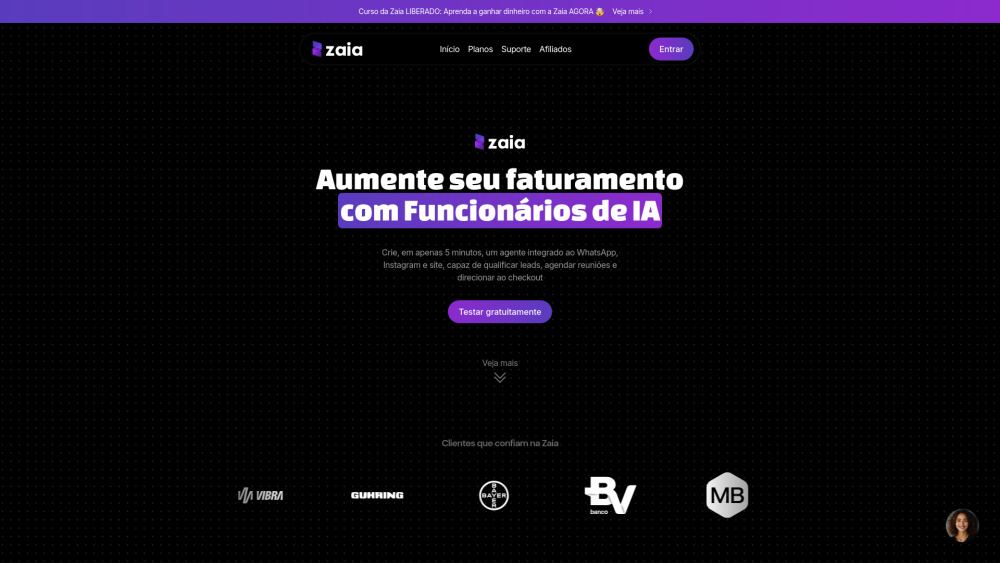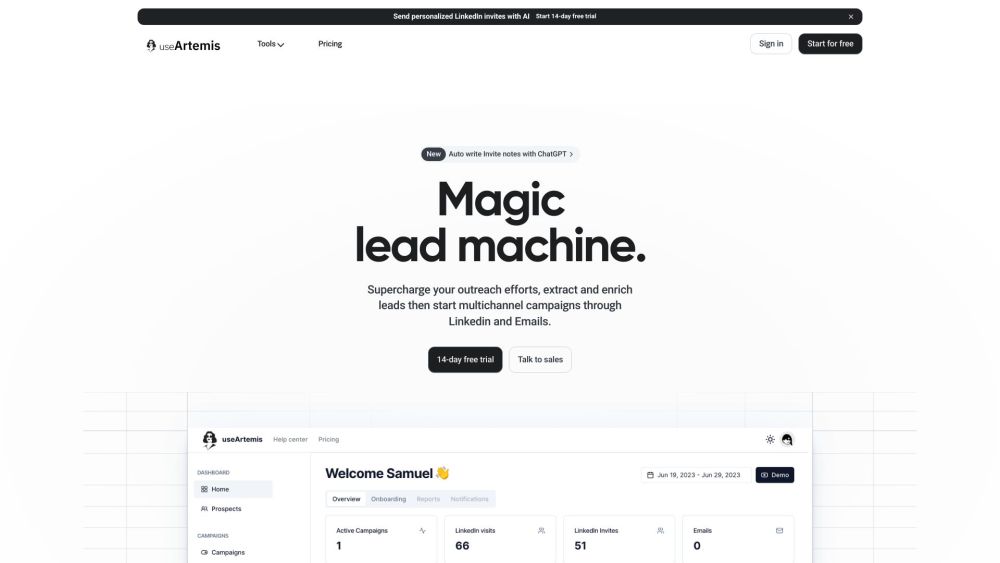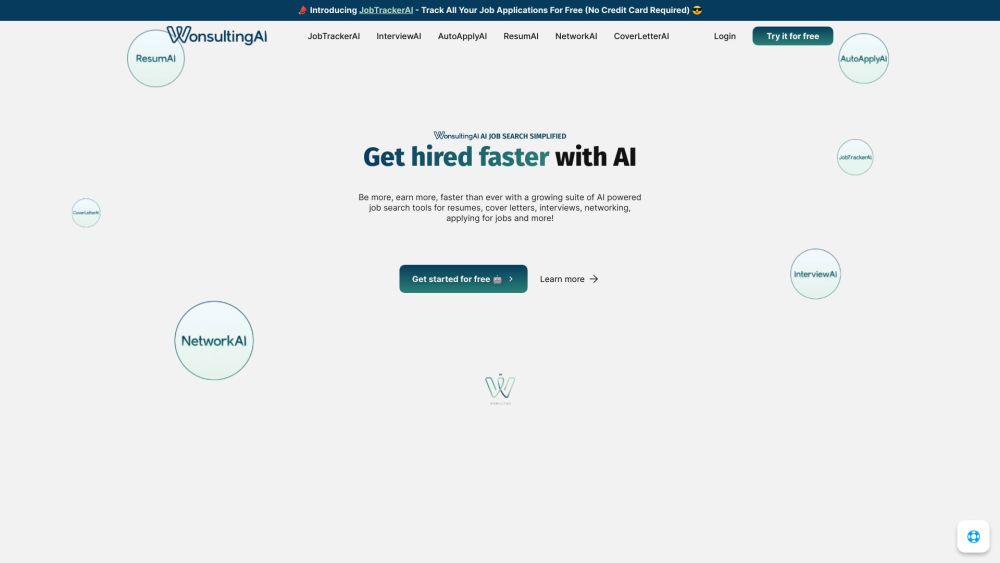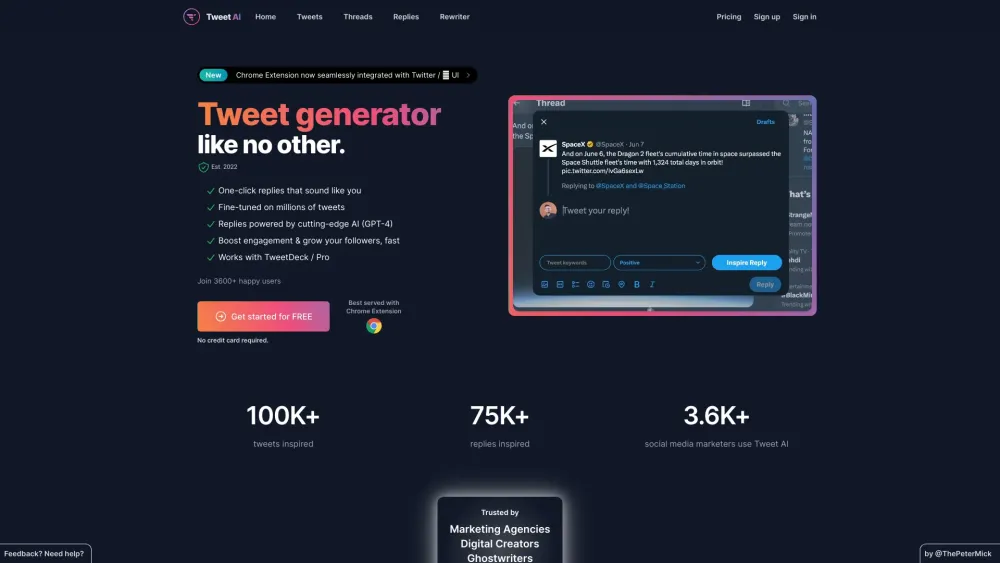OpenAI's Model Safety Policies: A Detailed Overview
On June 6, OpenAI unveiled its comprehensive safety strategies for advanced models, marking the first time the organization has shared detailed insights into its safety development processes. This initiative aims to assist developers in their research on cutting-edge AI technologies. Here’s a summary of the key points.
Research Infrastructure
OpenAI's research framework utilizes Microsoft Azure cloud services, enhanced by Kubernetes, an open-source container platform from Google. User identities are managed through Azure Entra ID, integrating seamlessly with OpenAI's internal authentication and authorization systems. This setup allows for risk-based validation of session creation, token usage, and anomaly detection, significantly enhancing internal security measures.
Kubernetes Security Measures
OpenAI leverages Kubernetes to manage workloads within its infrastructure, following strict Role-Based Access Control (RBAC) policies. This adherence to the principle of least privilege ensures robust protection for research workloads. Networking policies govern communication with external services, implementing a "default deny" strategy that permits only explicitly authorized interactions. In high-risk situations, OpenAI utilizes gVisor, a Google open-source sandboxing environment, to provide additional isolation, reinforcing security through a layered defense approach.
Sensitive Data Protection Strategies
To protect sensitive information, OpenAI employs a key management service and enforces role-based access control, limiting data retrieval and modification to authorized users. The AccessManager service ensures that access decisions for sensitive resources, including model weights, are made with the necessary oversight. These policies can be customized to require multi-party approval for access requests, especially concerning sensitive data. Additionally, access permissions automatically expire after a designated period unless renewed, further enhancing security.
OpenAI integrates GPT-4 within AccessManager to help assign minimal privilege roles. Users can search for resources, with recommendations for appropriate access roles provided by OpenAI's models. This approach minimizes reliance on broad or overly permissive roles.
Model Weight Protection
Protecting model weights is crucial to prevent leaks of sensitive foundational models. OpenAI's strategies include:
- Authorization: Access to research storage containing sensitive model weights requires multi-party approval.
- Access Control: Model weight storage is exclusively linked to OpenAI environments to reduce internet exposure and mandates authentication through Azure.
- Export Controls: OpenAI's research environment enforces network controls that restrict outbound traffic to specific, predefined internet destinations.
Model Auditing and Testing
OpenAI conducts internal and external "red team" assessments that simulate malicious use to evaluate security controls within its research framework. Recently, the organization engaged a third-party security consulting firm for penetration testing while exploring compliance measures to enhance model weight security.
OpenAI's Increased Focus on AI Model Safety
OpenAI's recent announcements regarding model safety arise from growing concerns about security vulnerabilities. Last month, notable personnel, including Chief Safety Officers, resigned, with one publicly criticizing the organization's neglect of product safety and highlighting significant potential risks. Additionally, a letter signed by 11 employees emphasized that advanced AI models could generate erroneous content, exacerbate inequalities, and lead to harmful societal outcomes.
The signees urge global stakeholders—governments, large enterprises, and researchers—to implement safe and sustainable oversight regulations for large models to prevent unforeseen incidents during humanity's exploration of Artificial General Intelligence (AGI). They propose four foundational principles for advanced AI companies and academic institutions:
1. No Non-Disclosure Agreements on Criticism: Organizations should avoid agreements that prevent individuals from voicing concerns about AI model issues.
2. Anonymous Reporting Procedures: Companies must provide verifiable anonymous channels for employees to express risk-related concerns.
3. Support for Open Criticism: Organizations should promote a culture of transparency where employees can publicly discuss technology-related risks while safeguarding trade secrets.
4. Non-Retaliation for Reporting Risks: Companies should protect employees from retaliation when sharing concerns about risks, as long as trade secrets are not compromised.
In summary, OpenAI's commitment to transparency in model safety reflects an urgent need for accountability and rigorous oversight to manage the inherent risks of developing advanced AI technologies.





